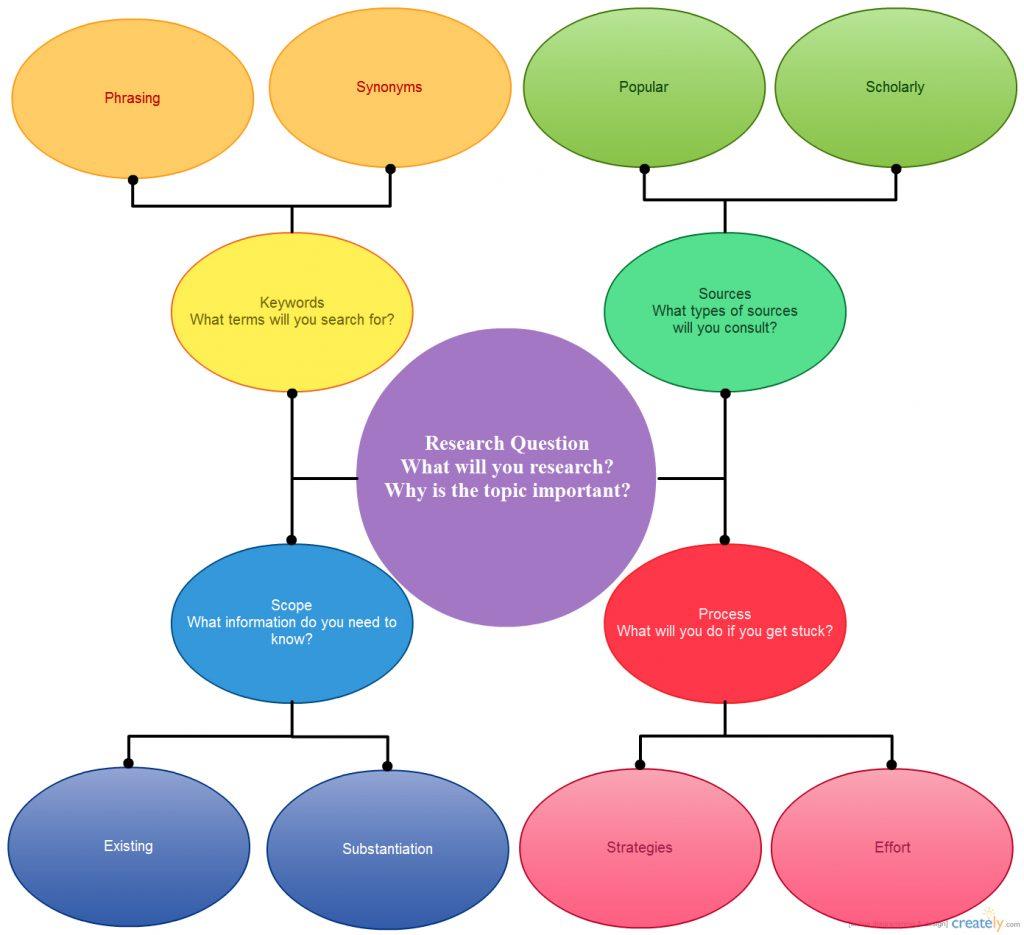Africa’s New Leadership Landscape: The Rise of Change Agents in Burundi, Sudan, and the Central African Republic
As African countries confront a mix of historical legacies and modern challenges, a fresh wave of leadership is emerging in pivotal nations such as Burundi, Sudan, and the Central African Republic. This new cohort of leaders—often termed the “Change Agents”—is actively transforming political environments, championing reform initiatives, and navigating intricate regional and global alliances. This article explores their motivations, strategies, and the broader implications of their governance styles as they work to reshape stability in their nations. By analyzing their backgrounds alongside the socio-economic contexts they operate within, we reveal opportunities for progress amid enduring difficulties.As the international community observes closely, these developments are poised to considerably influence Africa’s narrative at this critical juncture.
The Evolving Political Environment in Burundi, Sudan, and the Central African Republic
The political atmospheres in Burundi, Sudan, and the Central African Republic are increasingly shaped by a new generation of leaders who embody both continuity with past practices and innovative approaches to governance. In Burundi, President Évariste Ndayishimiye has managed to strengthen his authority while addressing internal strife through policies focused on national unity and economic recovery. Nevertheless, he faces ongoing resistance from opposition factions demanding enhanced political freedoms and accountability.
In contrast to this relative stability is Sudan’s transitional government which is currently battling fragmentation amidst civil unrest following former President Omar al-Bashir’s removal from power.The recent military coup has intensified instability as civilians resist military control over governance.
The situation is similarly complex in the Central African Republic, where President Faustin-Archange Touadéra seeks to stabilize a nation beset by armed group threats. His administration prioritizes peace agreements while contending with external influences from powers like Russia and France regarding national affairs. The international community remains cautiously engaged with humanitarian aid efforts aimed at supporting governance reforms during this tumultuous period.
Challenges Confronting New Leaders in Governance Transformation
The Change Agents leading countries like Burundi, Sudan, and the Central African Republic encounter numerous formidable challenges as they strive to overhaul long-standing governance structures plagued by inefficiency corruption issues that have persisted for decades. A primary obstacle lies within achieving sustained political stability.Dismantling entrenched political norms while garnering support from diverse groups proves challenging amid lingering socio-political tensions rooted in historical conflicts.
- Persistent elite interests opposing necessary reforms.
- Ethnic divisions threatening national unity.
- Lack of public trust towards governmental institutions.
The economic landscape further complicates matters; faced with limited resources coupled with high poverty rates—the New Guard must address severe economic implications stemming from faltering economies. They are tasked with creating enduring job opportunities while promoting investment initiatives that ensure fair resource distribution across populations:
- A continued dependency on foreign aid hampers self-sufficiency.
- Epidemic youth unemployment exacerbates social unrest.
- Lack of transparency surrounding public expenditure fosters corruption concerns.
Approaches to Promote Developmental Progression & Regional Stability Across Africa
Pivotal strategies aimed at fostering stability are emerging throughout regions grappling with turmoil such as Burundi,Sudan,and Central Africa.The focus centers around implementing inclusive governance frameworks alongside bolstering civil society engagement.Empowering local communities ensures ownership over development projects thereby enhancing cultural relevance whilst promoting sustainability.Additionally,fosteringregional collaborations would facilitate collective responses towards cross-border challenges including resource management,safety concerns,and economic growth initiatives .
An emphasis on education along vocational training programs emerges as crucial elements needed for addressing root causes behind conflict-driven instability.By equipping young individuals with essential skills,countries can diminish recruitment into armed factions whilst encouraging entrepreneurial ventures.Examples include:
- Sponsoring scholarship programs targeting higher education access within conflict-affected regions .
- Establishing apprenticeship schemes linking youth directly into local business networks .
- Cultivating localized agricultural methods ensuring food security alongside economic resilience .
If executed effectively ,these concerted efforts hold promise for transforming these areas notorious for conflict into thriving hubs brimming opportunity & growth potential .
Final Thoughts on Emerging Leadership Trends Across Africa
To sum up,the shifting political landscapes observed across Burundi,Sudan,and Central Africa signify an important transition marked by rising leadership figures committed towards enacting change.The Change Agents represent an amalgamation youthful ambition paired strategic pragmatism capable tackling longstanding issues whilst adeptly maneuvering through complex dynamics surrounding regional security.As these leaders confront both historical burdens contemporary pressures ,their decisions will undoubtedly shape not only their respective nations’ futures but also influence broader trends throughout Africa observers must remain vigilant as unfolding narratives could yield repercussions extending beyond borders impacting overall regional cooperation amidst evolving geopolitical realities.With global attention now directed toward Africa,the outcomes achieved by this new generation will serve not just determine individual destinies but also act barometers reflecting continent-wide resilience potential moving forward into future years ahead.

